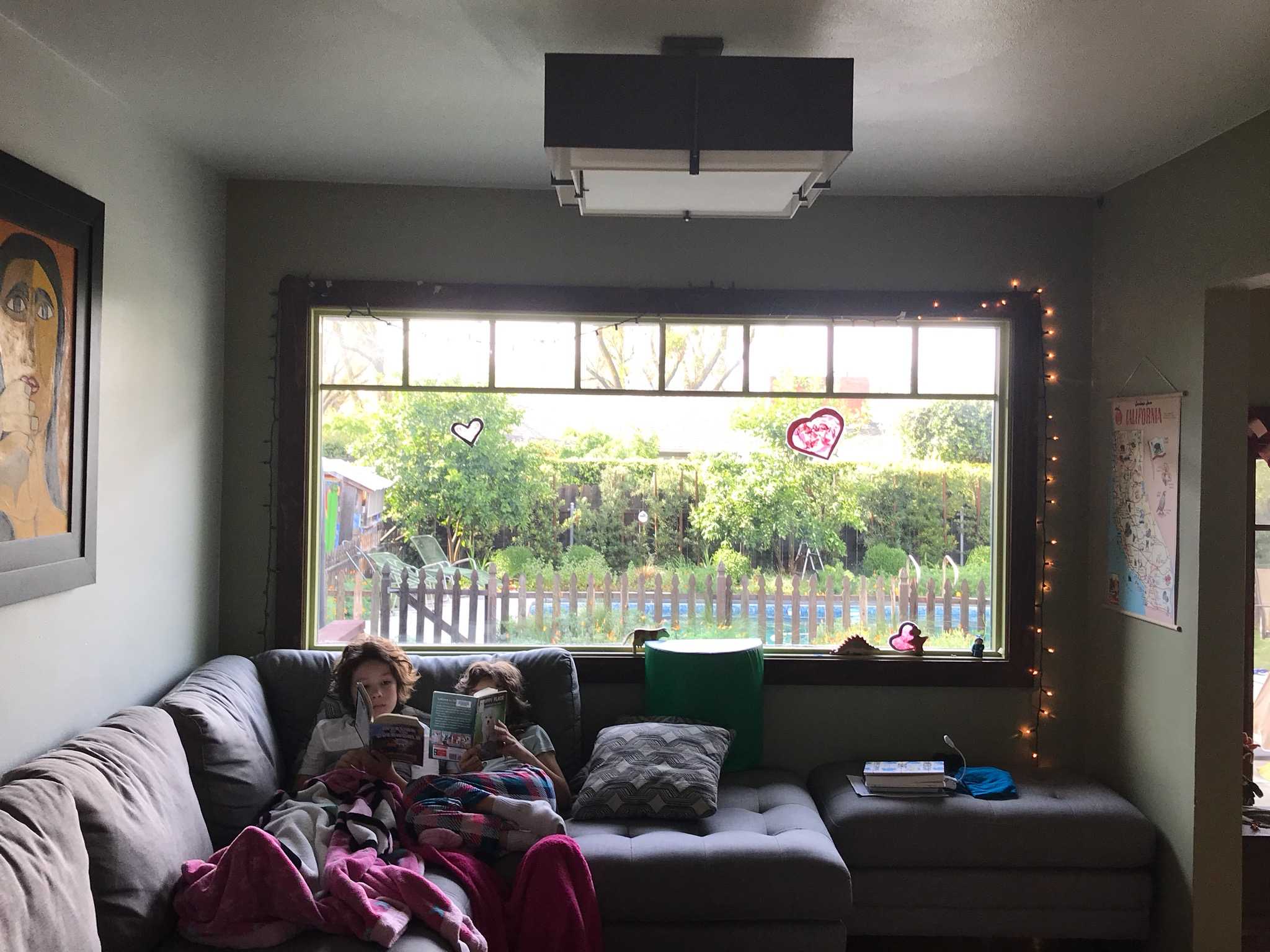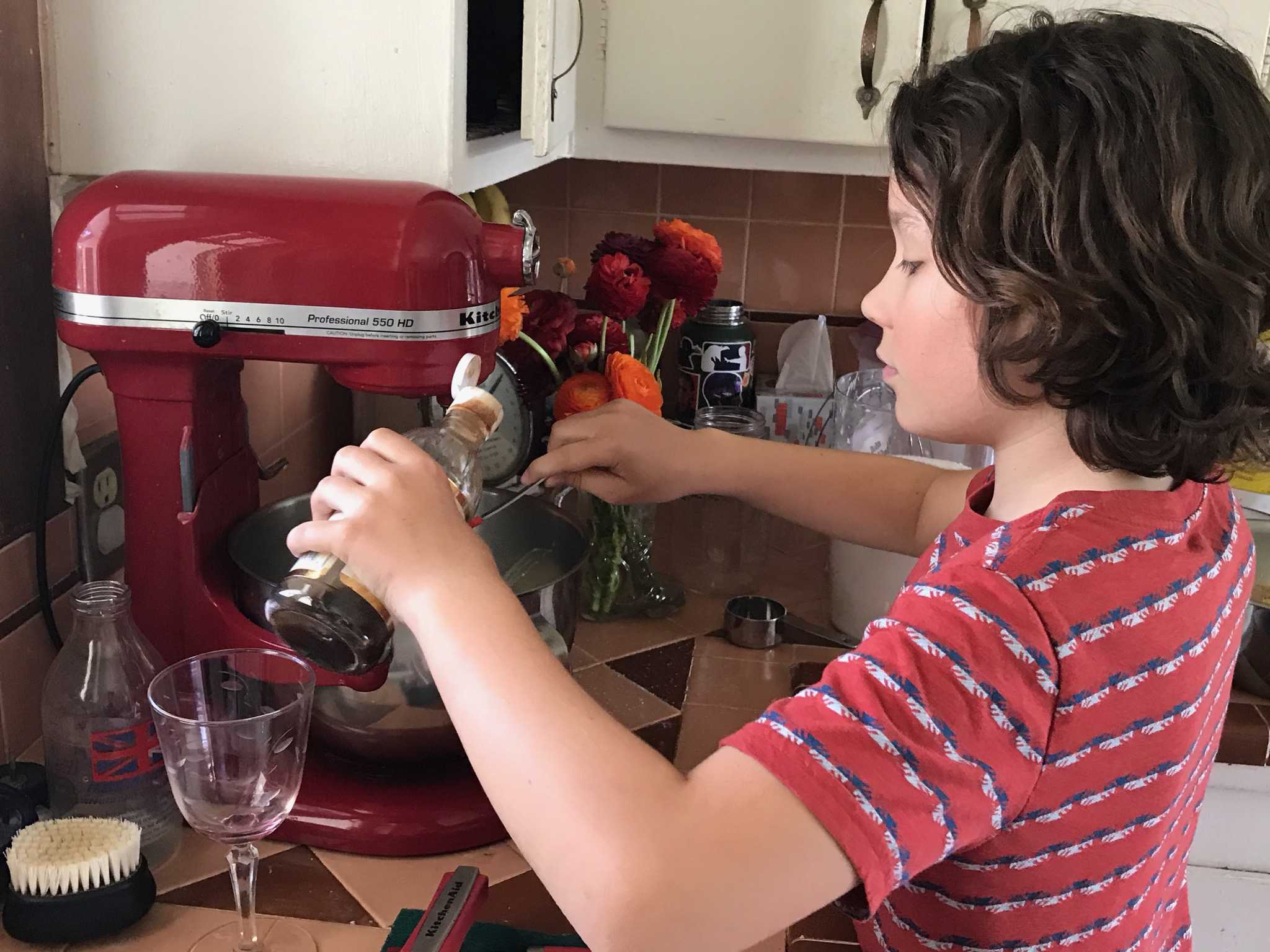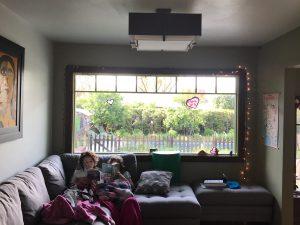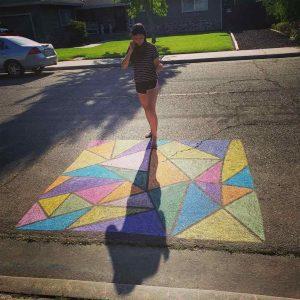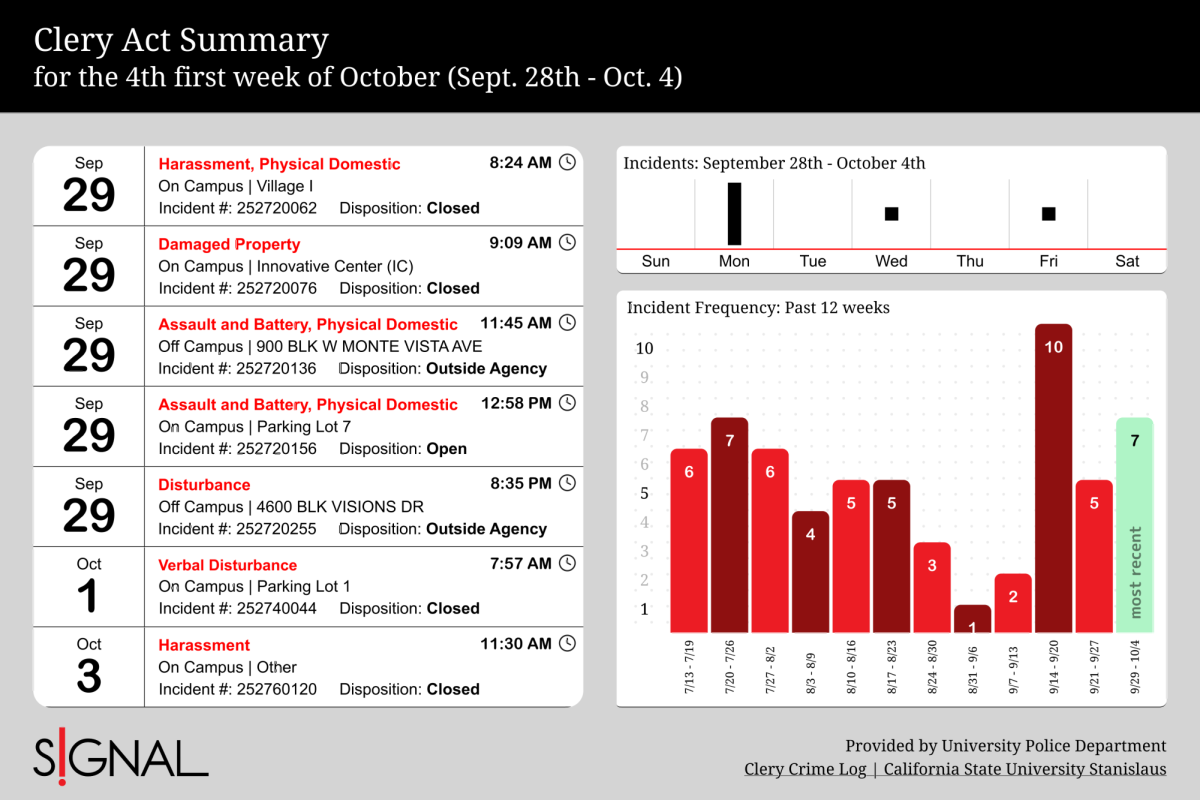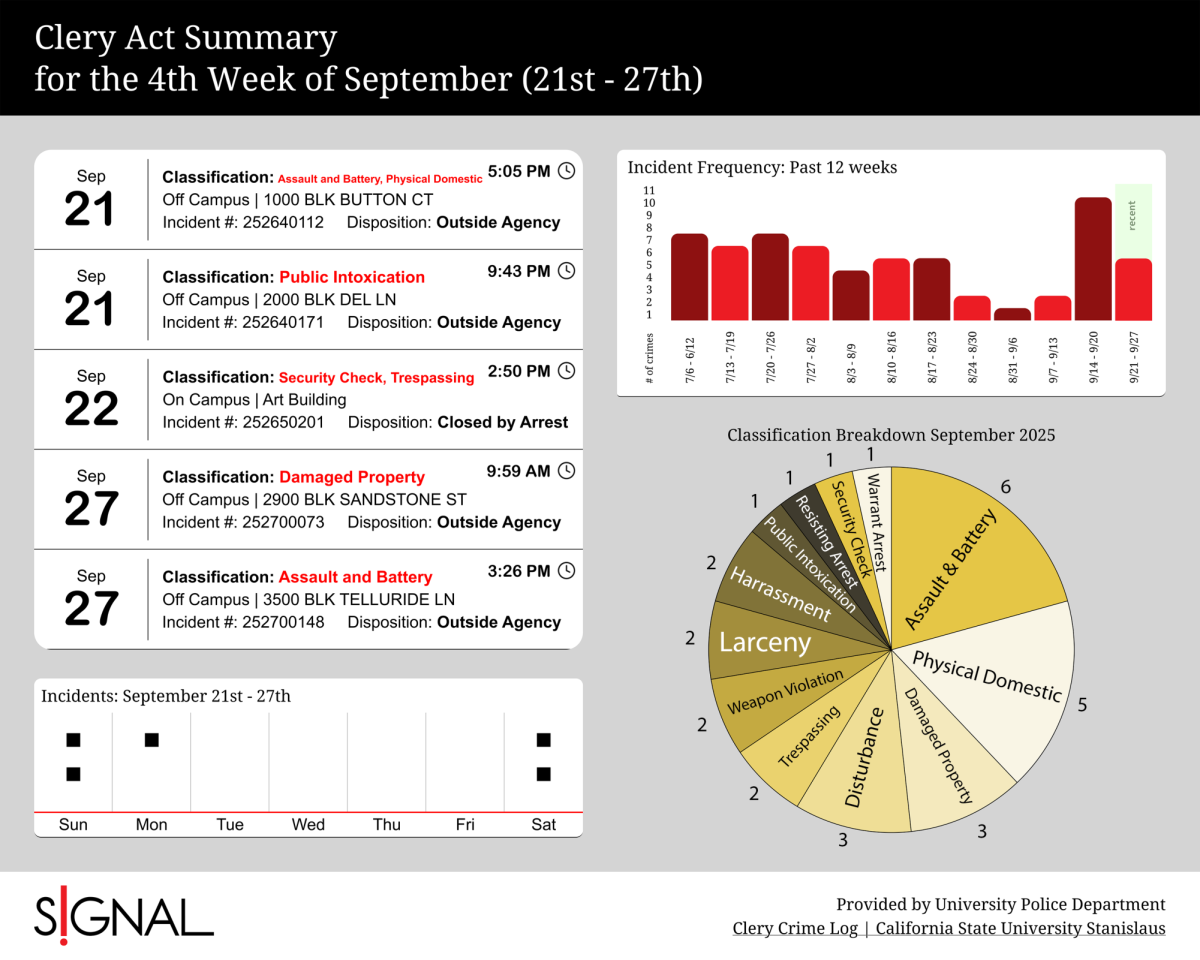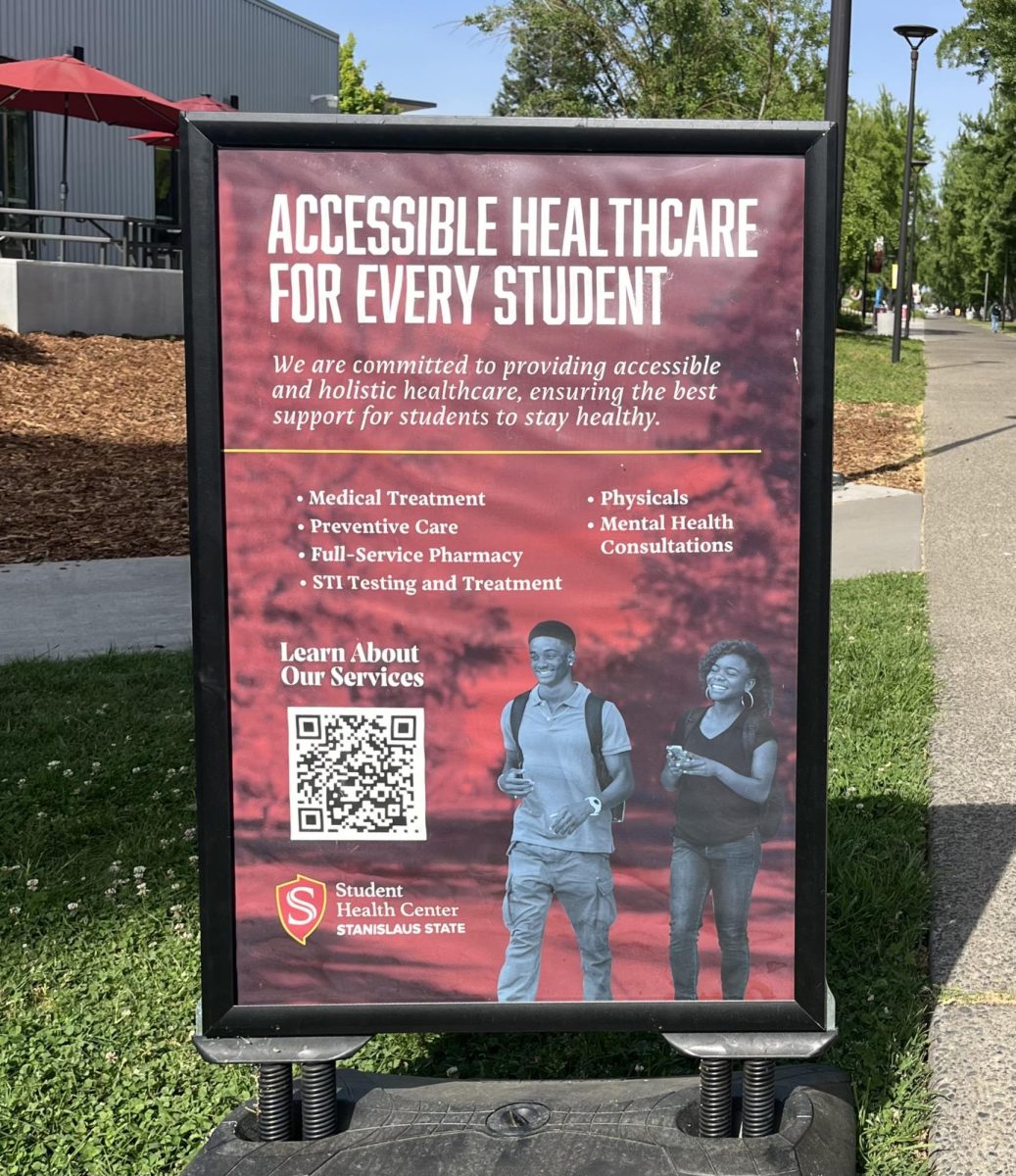Students all over the world are struggling to stay focused and motivated while continuing their studies online. From Zoom lectures to virtual group work, we are all adjusting to the new normal.
Now add a four year-old flushing toys down the toilet before class, a three year-old throwing a fit in the middle of an exam, or a two year old deciding to try out their drumming skills during mommy’s advising session.
Our Warrior mothers and fathers are experiencing a whole different set of challenges as they navigate being an online student and a stay-at-home parent. Aside from the challenge of added distraction from their studies, these students have the added anxiety about teaching their children from home.
Learning how to suddenly home-school a child may be an intimidating prospect to many, so we called in the experts. Home-school parents from our community offered advice for those who are feeling overwhelmed and under prepared.
First, take a deep breath and relax. The overwhelming message from all of these experienced home schooling parents, is to not put too much pressure on yourself. Expecting to mimic the standard school experience is an impossible task for you to take on at home. Going to school and being home-schooled are completely different experiences.
If you’re stressed about failing to make your child sit still and do their worksheets, do not despair.
“Home-schoolers never spend the traditional six hours that kids are in school doing schoolwork,” says Janelle Haney, home-school mom of three.
Instead, learning is often interspersed with play.
In fact, Jessica Vanderpool, wedding photographer and home-school mom, comments that her five year old daughter, Olivia, learns more during play time than she does from structured curriculum lessons, “There’s a whole lot of learning in playtime.”
Of course, if your kid is craving the structure that they lost so suddenly, you can always designate a time to learn. As students, you will likely have certain hours when you need to focus on your studies, and that might be the perfect time for your child to do the same.
Not only is there no need for a structured schedule, there’s no particular need for a structured curriculum.
Haney explains that, while it is necessary to teach your children the basic writing and math skills, you don’t need to follow the exact structure of traditional schools.
“Don’t try to do the school curriculum. That is tailored for the masses, the classroom experience,” Haney says. “Focus instead on what your child is interested in. One of the biggest perks to being home-schooled is the opportunity to follow your passion.”
Haney does encourage her children to read, but they’re free to read whatever interests them.
“Creating a love of reading in general is one of the biggest gifts we can give our kids. Way more important than ‘doing school.’ In fact, don’t try to follow any curriculum. Just read together,” Haney recommends.
Instilling a curiosity and a love of learning in your child is the biggest advantage that you can give them for their future academic endeavors. Allowing your child to focus on the subjects that interest them will cause them to be more self motivated in their learning.
Additionally, showing your child that you value and support their interests will go a long way in fostering a close relationship.
Stan State English professor and home-school mom Pam Young stresses the importance of the parent-child relationship. “Don’t let your new role as the teacher jeopardize your most important role as a loving parent.”
Kristi Mazuelos, a home schooling mom with 13 years of experience, agrees saying, “Put your connection with your child first. Spend time learning what they’re excited about [and] what makes their eyes light up. Keep in mind that they’ll remember more how they felt during this time than any specific lesson.”
Although these home schooling parents may not be too concerned with scheduling in time for every school subject, there is one subject that they agree must never be skipped.
“Prioritize P.E!” says Haney, pointing out that kids who aren’t used to spending 24 hours a day with their families may especially need a physical outlet.
“Your kids will remember this quality time and it’s been proven that kids (and adults) learn better when they exercise regularly. It’s great for learning and a great antidote to fighting! My strategy? When they start to bicker, we get on our bikes and ride. We ride until they are too tired to possibly fight,” explains Haney.
One home-school mom, Sarah Elizabeth Kibler, suggests going on nature hikes. Even a hike can be a learning experience for your children. “Start a journal with pictures and descriptions… for older grade schoolers you could draw pictures and write a paragraph.”
One thing that home-school parents know well is that anything has the potential to be a learning opportunity.
Baking bread teaches chemistry, measuring the ingredients teaches fractions, building blocks can teach geometry, and so on.
“This is a unique time to bake together, cook together, garden together! Just about anything you do together as a family will be way more valuable than doing worksheets at the table in isolation. Besides, these are the real skills. These are the skills that you will actually use,” says Haney.
Young explains that even imagination play teaches valuable lessons. “When you do imagination play, you’re learning critical thinking.”
Kids are learning about society, acting out their understanding of the world, and processing the things around them through play.
Most importantly, these moms advise parents to try to enjoy the time that you have with your children, and to be patient with them and with yourself.
“Forgive yourself when things don’t go great and have fun,” advises Mazuelos.
Tina Lopez, another home schooling expert, reminds parents, “Take one day at a time and be patient. Both you and your children are learning to adapt together…enjoy this time you get to watch your children grow and learn.”



